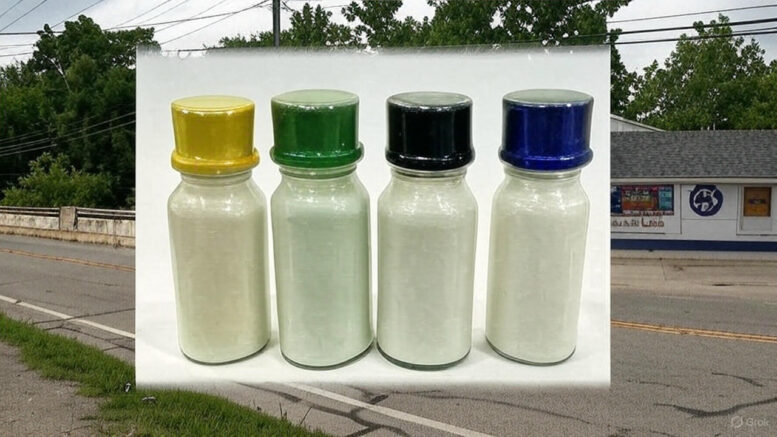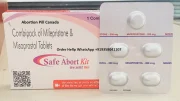A synthetic drug called tianeptine, known as “gas station heroin,” is fueling a public health crisis due to its opioid-like effects and easy availability as a mislabeled dietary supplement. Sold at gas stations, smoke shops, and online under brands like Neptune’s Fix and Zaza, tianeptine is linked to addiction, seizures, and deaths. While the FBI has not issued a specific alert, the FDA, CDC, and law enforcement agencies like U.S. Customs and Border Protection (CBP) are Intensifying efforts to curb this unregulated substance. This article explores the tianeptine crisis and its growing threat to public health.
What Makes Tianeptine a Crisis and Dangerous?
Developed in the 1960s as an antidepressant in some countries, tianeptine is not FDA-approved for U.S. medical use. Nevertheless, it’s marketed illegally as a supplement, claiming to enhance mood or relieve pain. At high doses, tianeptine mimics opioids, binding to brain receptors like heroin, causing euphoria but also severe dependency. The FDA warns that products like Neptune’s Fix may contain synthetic cannabinoids, heightening risks of respiratory failure and seizures. In 2023, America’s Poison Centers reported 391 tianeptine-related cases, up from 11 between 2000 and 2013, with New Jersey noting 38 exposures since June 2023 (CDC). This surge underscores the escalating tianeptine crisis.

Federal and State Responses Intensify
Since 2018, the FDA has issued warnings, including a November 2023 alert urging consumers to avoid tianeptine due to risks of seizures and death. In January 2024, Neptune Resources recalled Neptune’s Fix, but weak regulations under the 1994 Dietary Supplement Health and Education Act hinder enforcement. Meanwhile, CBP seized 22 pounds of tianeptine powder from Hong Kong in December 2024, mislabeled as “deep groove ball bearings” (CBP Newsroom). Although the FBI’s role in the tianeptine crisis remains unconfirmed, its work on synthetic drug trafficking suggests potential involvement. At least 12 states, including Florida and Ohio, have banned tianeptine, with Florida classifying it as a Schedule I substance in 2023.
Legislative Push and Public Health Concerns
In April 2024, Rep. Frank Pallone (D-NJ) introduced the Prohibiting Tianeptine and Other Dangerous Products Act to empower the FDA to ban tianeptine’s marketing as a supplement (FDA Warning). Social media platforms like Reddit’s “Quitting Tianeptine” forum highlight users’ struggles with addiction, amplifying calls for regulation. The tianeptine crisis exposes gaps in supplement oversight, as manufacturers exploit regulatory loopholes. Health experts urge avoiding tianeptine and reporting side effects to poison control at 1-800-222-1222 to mitigate risks.
Addressing the Tianeptine Crisis
The tianeptine crisis demands urgent action as its accessibility fuels addiction and hospitalizations. While federal and state efforts grow, public awareness is crucial to curbing the spread of “gas station heroin.” Staying informed can help prevent futher harm from this dangerous drug.






